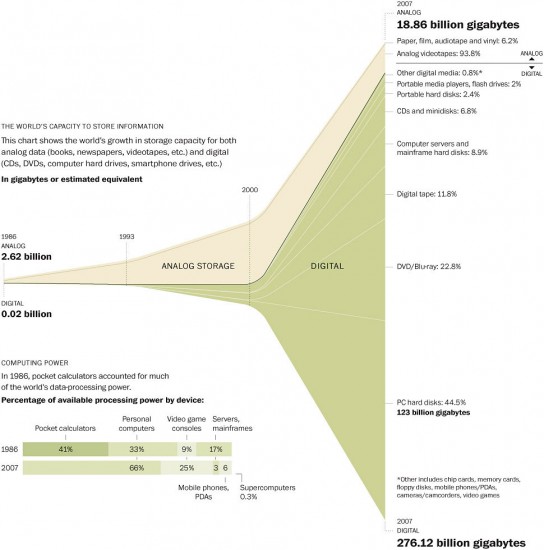If you haven’t been following the intrigue around Wikileaks and the security companies hoping to help the government fight it, this stuff is not to be missed. Recommended:
- “How One Man Tracked Down Anonymous—And Paid a Heavy Price,” on Ars Technica.
- “A Disturbing Threat Against One of Our Own,” on Salon.
The latter story links to a document purporting to show that a government contractor called Palantir Technologies suggested unnamed ways that Glenn Greenwald might be made to choose “professional preservation” over his sympathetic reporting about Wikileaks. A later page talks of “proactive strategies” including: “Use social media to profile and identify risky behavior of employees.”
Wikileaks has no employees. I take this to mean that the personal lives of Wikileaks supporters and sympathizers would be used to undercut its public credibility. Because Julian Assange hasn’t done enough…
While we’re on credibility: This may well be Wikileaks’ rehabilitation. Wikileaks erred badly by letting itself and Julian Assange become the story. We’re not having the discussion we should have about U.S. government behavior because of Assange’s self-regard.
But now defenders of the U.S. government are making themselves the story, and they may be looking even worse than Wikileaks and Assange. (n.b. Palantir has apologized to Greenwald.) That doesn’t mean that we will immediately focus on what Wikileaks has revealed about U.S. government behavior, but it could clear the deck for those conversations to happen.
The concept of “miscalculation” seems more prominent in international affairs and foreign policy than other fields, and it comes to mind here. Wikileaks and its opponents are joined in a negative duel around miscalculation. The side that miscalculates the least will have the upper hand.


 The Technology Liberation Front is the tech policy blog dedicated to keeping politicians' hands off the 'net and everything else related to technology.
The Technology Liberation Front is the tech policy blog dedicated to keeping politicians' hands off the 'net and everything else related to technology.